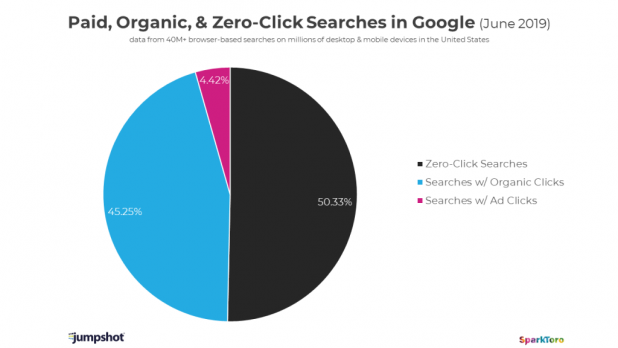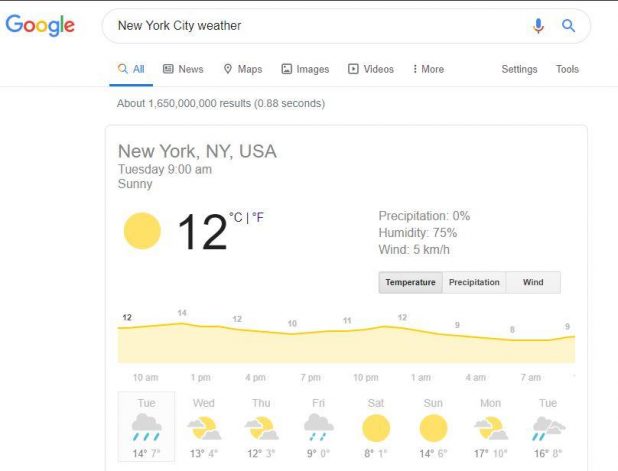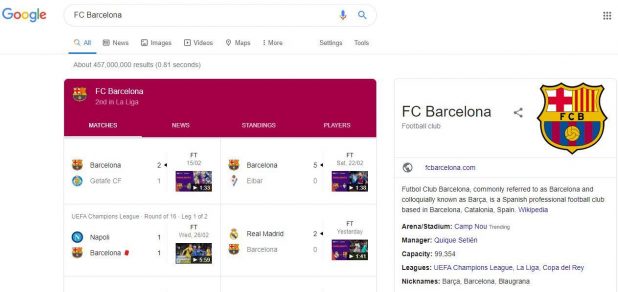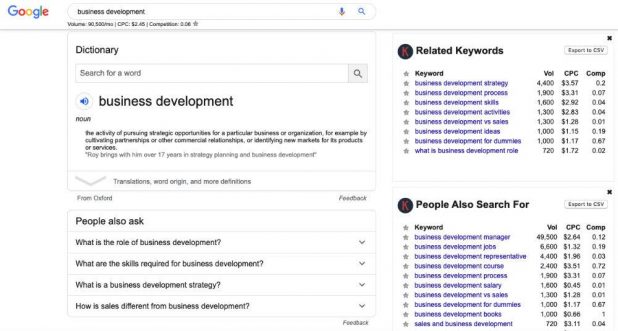Those who say over 50% of all Google searches don’t result in a click blame the search engine. The argument is that Google is discouraging people from clicking on their sites. With the clicks gone, the money just isn’t coming in.
Though they may have a point, the thing is, Google is trying to do what provides the best results for their users. What you have to do is avoid these search terms. In short, this part is actually within your control. In this article, I’ll show you how to avoid zero click search terms. But first let’s get our definition of terms in order.
What is a Zero Click Search Term
The term is self-explanatory: A zero-click search term is one that doesn’t yield clicks. This happens a lot more than you’d like to imagine. As mentioned, over 50% of searches now result in zero clicks.
That 50.33% accounts for searches that result in zero clicks, or end with clicks to Google properties.
The reason the number of zero clicks has been increasing is that Google provides the data in the search results. For instance, when you search for the weather, you don’t usually see an organic result above the fold. This is what you would see.
When you search for football scores, the same thing happens. This is what Google showed me when I typed FC Barcelona score.
Basically, you get a Sports Answer Box and a Knowledge Panel. If you engage the Sports Answer Box, you get a long list of scores FC Barcelona got in each of its recent matches.

With the Knowledge Panel you get basic info on FC Barcelona. In both these cases, it’s clear Google is attempting to organize content so you don’t need to click on a link.
This might be a bummer for website owners. However, this is Google is just making it easier for people to access information. This is actually in keeping with its mission. According to its website:

So that covers zero click searches in a nutshell. Where things get more complicated are the false positives. This is when you think there’s a search volume behind the term, but nobody is clicking on the search results.
How to Avoid Zero Click Search Terms in 3 Simple Steps
Since there’s nothing you can do about Google’s penchant to organize data, you need to learn how to avoid zero click search terms. There are several ways you can do this.
Step 1: Consider User Intent
Firstly, do a quick search of the term you are planning to target. If there’s an obvious issue, like in those examples above, don’t waste time trying to rank for those terms. You’re not going to get any clicks, and you know it.
That’s the simplest tip covered.
Step 2: Review the Cost Per Click
The second thing to do is review the cost per click and the number of ads that are appearing alongside the search term. I’ll take one of those examples listed above to illustrate my point.
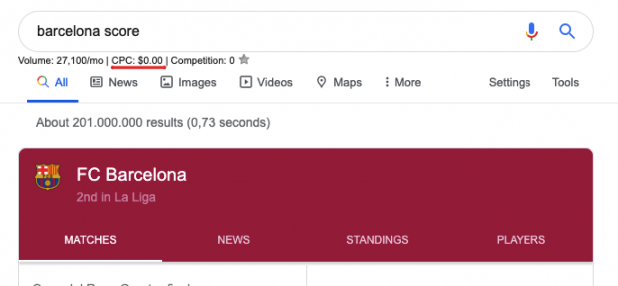
You can see the CPC, or Cost Per Click, for Barcelona score is $0. It means, nobody is interested in advertising for that keyword. Terms with a low CPC and few adverts are the type of results that Google is most likely to play with, because there is no money at stake.
Keep in mind, Google makes its profits from advertising revenue. You can use a tool like Keywords Everywhere to quickly check the CPC of a search term.
Step 3: Optimize for Longtail Keywords
The final tip I’ll share involves understanding how to avoid keywords that look interesting, but provide a relatively low click through rate. I’ll use the term “business development” as an example.
When you look at the search volume on Google, the term looks promising.
As you can see, the search term gets 90,500 searches a month. You’d expect that to translate into a high volume of clicks for ranking content, however that’s just not the case as a friend of mine revealed.
You can see the mismatch there. “Business development strategy”, a longtail keyword, is getting more clicks than the term “business development”.
Common search terms that have high impressions, but a low click through rate include:
- Concepts: the example above is a good illustration
- Abbreviations: For example, FYI, or similar
If you plan to run an SEO campaign targeting these phrases, research the longtail keywords. These are key phrases that are longer and more specific. The bottomline is, the more specific the keyword, the better.
Conclusion
Zero click search terms are becoming increasingly common. For you to avoid them, you need to recognize they occur in the first place. Once you do this, what you can do is choose the keywords you use in the first place.
This is where the appropriate research before picking your search terms comes in. Don’t just use the first keyword that comes to your mind. Use the best resources available to check whether or not that keyword gets clicks.
The bottomline is this. Google’s job is to organize data. That’s just the way it is. Since you can’t change that, as a content creator, what you can do is follow these tips and make your content interesting. If you do these, there’s no reason you can’t have those clicks you’ve always wanted.


